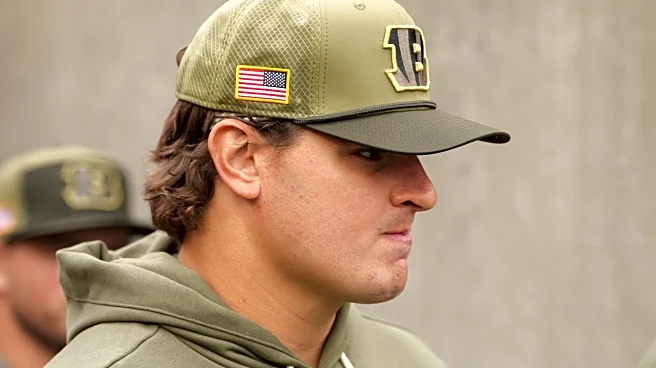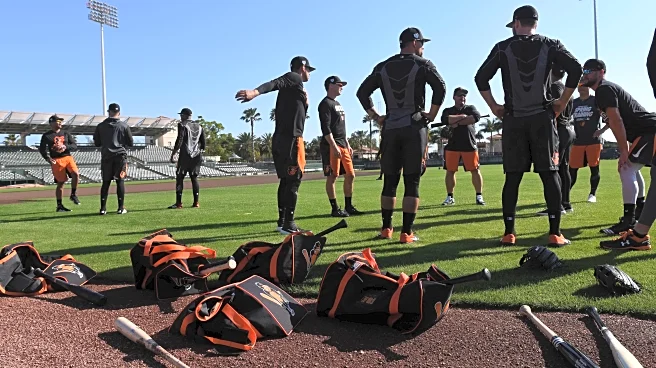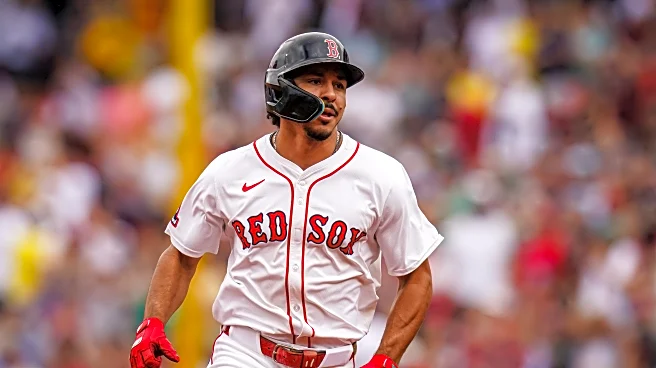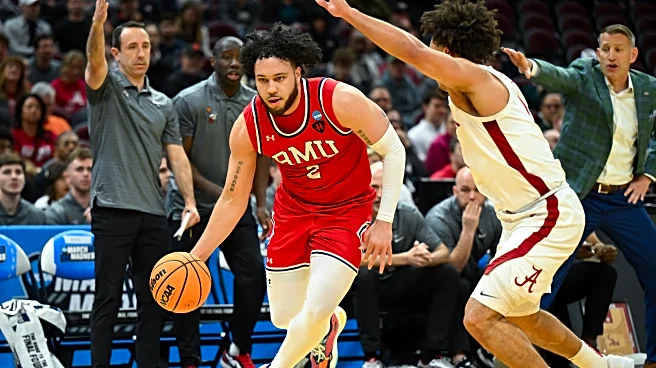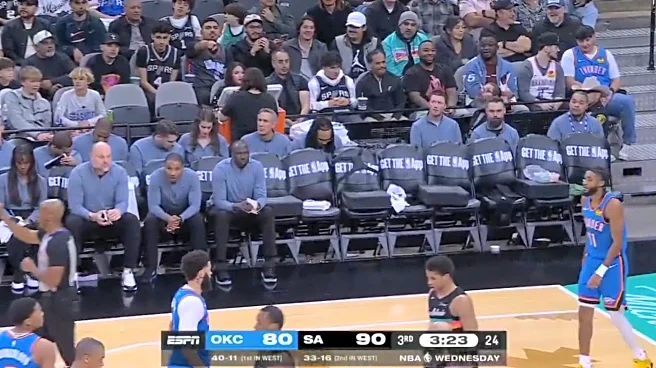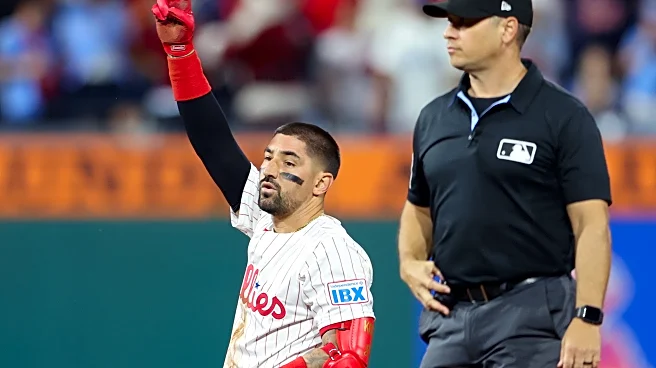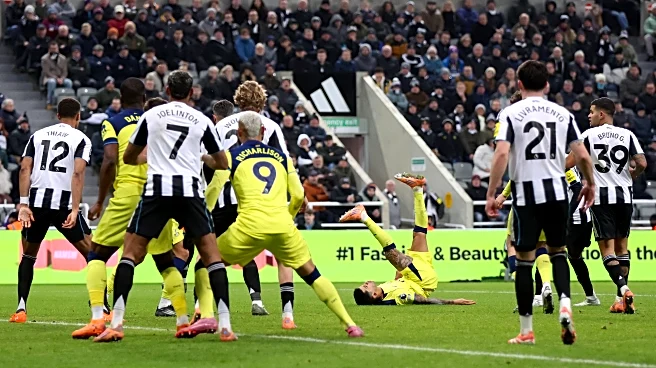Rapid Read • 7 min read
Evo Morales, Bolivia's former president, is urging voters to cast null votes in the upcoming presidential election. Morales, who served as Bolivia's first Indigenous president for 14 years, is barred from running due to term limits imposed by the country's courts. Despite his absence from the ballot, Morales is conducting a 'phantom campaign' from a compound in Lauca Ñ, where he is protected by loyalists. His tenure was marked by significant social reforms and the empowerment of marginalized communities. However, his attempt for a fourth term ended in controversy, leading to unrest and his temporary exile.
AD
Morales' call for null votes highlights the ongoing political tensions in Bolivia. His influence remains significant, particularly among Indigenous and marginalized groups who benefited from his policies. The election could reshape Bolivia's political landscape, with Morales' absence potentially weakening the leftist movement he led. The right-wing opposition may gain momentum, altering the balance of power and impacting future policy directions. Morales' actions could also affect voter turnout and the legitimacy of the election results.
The upcoming election will test the strength of Morales' influence and the ability of his supporters to mobilize without him on the ballot. The right-wing opposition is likely to capitalize on Morales' absence, potentially leading to a shift in Bolivia's political dynamics. The outcome may prompt further legal and political challenges, as Morales' supporters seek to maintain his legacy and influence in Bolivian politics.
Morales' situation underscores broader issues of political representation and term limits in Bolivia. His tenure brought significant changes, but also controversy, highlighting the complexities of leadership in a diverse nation. The election could prompt discussions on the balance between political continuity and change, and the role of Indigenous leaders in shaping national policies.
AD
More Stories You Might Enjoy


